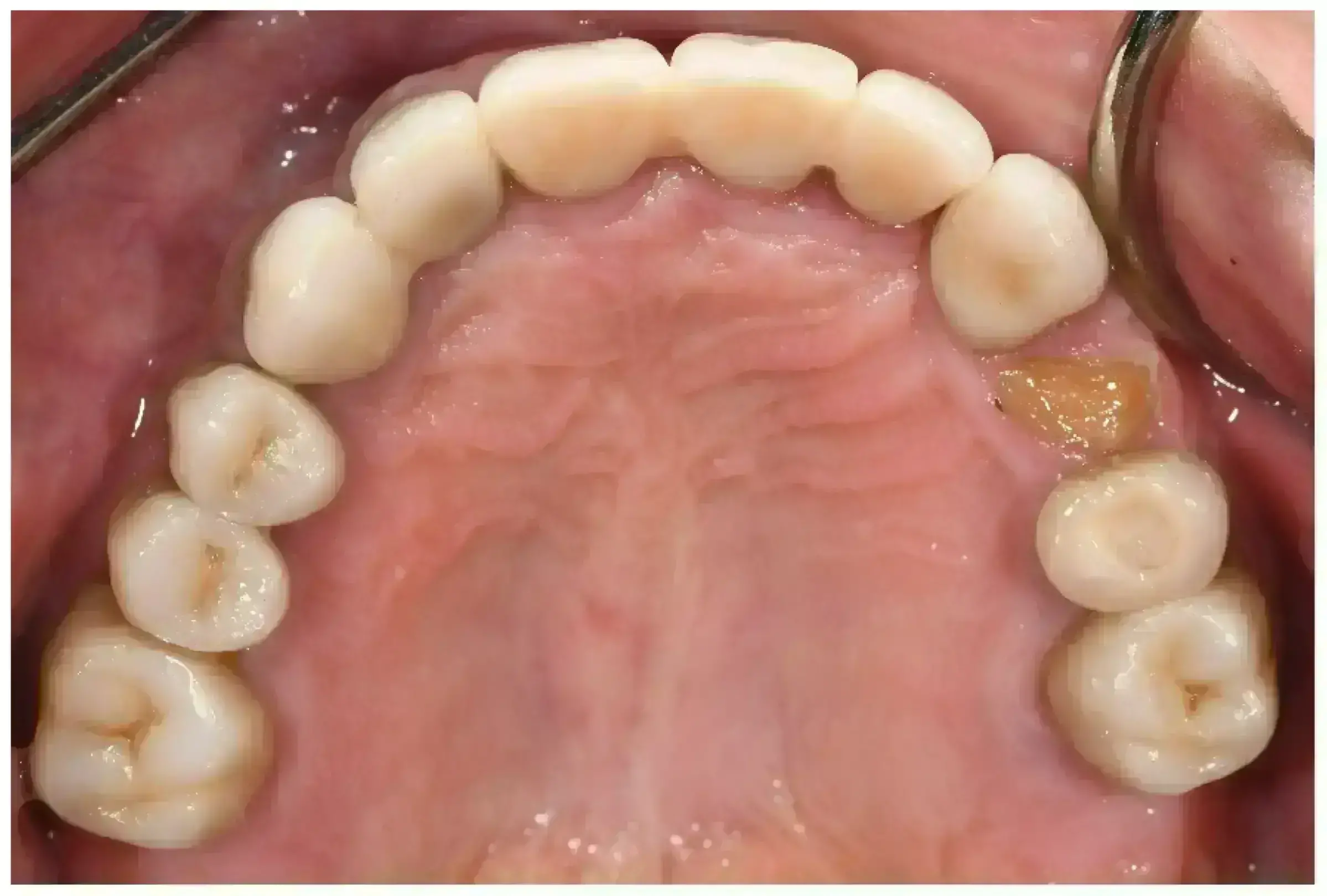- Home
- Medical news & Guidelines
- Anesthesiology
- Cardiology and CTVS
- Critical Care
- Dentistry
- Dermatology
- Diabetes and Endocrinology
- ENT
- Gastroenterology
- Medicine
- Nephrology
- Neurology
- Obstretics-Gynaecology
- Oncology
- Ophthalmology
- Orthopaedics
- Pediatrics-Neonatology
- Psychiatry
- Pulmonology
- Radiology
- Surgery
- Urology
- Laboratory Medicine
- Diet
- Nursing
- Paramedical
- Physiotherapy
- Health news
- Fact Check
- Bone Health Fact Check
- Brain Health Fact Check
- Cancer Related Fact Check
- Child Care Fact Check
- Dental and oral health fact check
- Diabetes and metabolic health fact check
- Diet and Nutrition Fact Check
- Eye and ENT Care Fact Check
- Fitness fact check
- Gut health fact check
- Heart health fact check
- Kidney health fact check
- Medical education fact check
- Men's health fact check
- Respiratory fact check
- Skin and hair care fact check
- Vaccine and Immunization fact check
- Women's health fact check
- AYUSH
- State News
- Andaman and Nicobar Islands
- Andhra Pradesh
- Arunachal Pradesh
- Assam
- Bihar
- Chandigarh
- Chattisgarh
- Dadra and Nagar Haveli
- Daman and Diu
- Delhi
- Goa
- Gujarat
- Haryana
- Himachal Pradesh
- Jammu & Kashmir
- Jharkhand
- Karnataka
- Kerala
- Ladakh
- Lakshadweep
- Madhya Pradesh
- Maharashtra
- Manipur
- Meghalaya
- Mizoram
- Nagaland
- Odisha
- Puducherry
- Punjab
- Rajasthan
- Sikkim
- Tamil Nadu
- Telangana
- Tripura
- Uttar Pradesh
- Uttrakhand
- West Bengal
- Medical Education
- Industry
Monolithic zirconia crowns cemented with two different self-adhesive resins survive long with no risk of veneer chipping

Survival rate of monolithic zirconia crowns cemented with two different self-adhesive resin cements very high with no risk of veneer chipping suggests a new study published in the Journal Of Oral Rehabilitation.
Self-adhesive resin cement has been used extensively with zirconia crowns. Several in vitro studies showed that adhesive resin cementation may increase zirconia crowns' retention and their fatigue resistance.
This retrospective study aimed to evaluate the clinical performance, survival and success rates and complications encountered with zirconia crowns cemented with two different self-adhesive resin cements.
A total of 112 patients who received 176 monolithic zirconia crowns were evaluated. Crowns were cemented with RelyX Unicem 2 (n = 74) and Panavia SA (n = 102) self-adhesive resin cements. Clinical assessments of the crowns and supporting periodontal structures were performed following the modified California Dental Association (CDA) criteria. Intraoral photographs and periapical and bitewing radiographs were obtained for further assessment by two evaluators. Descriptive statistics, McNemar, t-test, log rank (Mantel-Cox) tests and Kaplan–Meier survival analyses were performed (a = .05).
Results
The 5-year survival and success rates were 100% and 96.4%, respectively. The complications encountered were recurrent caries (2.2%) and the need for endodontic treatment (0.5%). No technical complications, such as fracture or loss of retention, were observed. The type of cement and patient-related factors did not influence the survival and success rates of the crowns.
Survival rate of zirconia crowns cemented with two different self-adhesive resin cements was 100% after 5 years.
Reference:
Aziz, AM, El-Mowafy, O. Clinical evaluation of zirconia crowns cemented with two different resin cements: A retrospective study. J Oral Rehabil. 2023; 00: 1-6. doi:10.1111/joor.13580
Keywords:
Survival, rate, monolithic, zirconia, crowns, cemented, two, different, self-adhesive, resin, cements, high, no, risk, veneer chipping, Aziz, AM, El-Mowafy, O.
Dr. Shravani Dali has completed her BDS from Pravara institute of medical sciences, loni. Following which she extensively worked in the healthcare sector for 2+ years. She has been actively involved in writing blogs in field of health and wellness. Currently she is pursuing her Masters of public health-health administration from Tata institute of social sciences. She can be contacted at editorial@medicaldialogues.in.
Dr Kamal Kant Kohli-MBBS, DTCD- a chest specialist with more than 30 years of practice and a flair for writing clinical articles, Dr Kamal Kant Kohli joined Medical Dialogues as a Chief Editor of Medical News. Besides writing articles, as an editor, he proofreads and verifies all the medical content published on Medical Dialogues including those coming from journals, studies,medical conferences,guidelines etc. Email: drkohli@medicaldialogues.in. Contact no. 011-43720751


